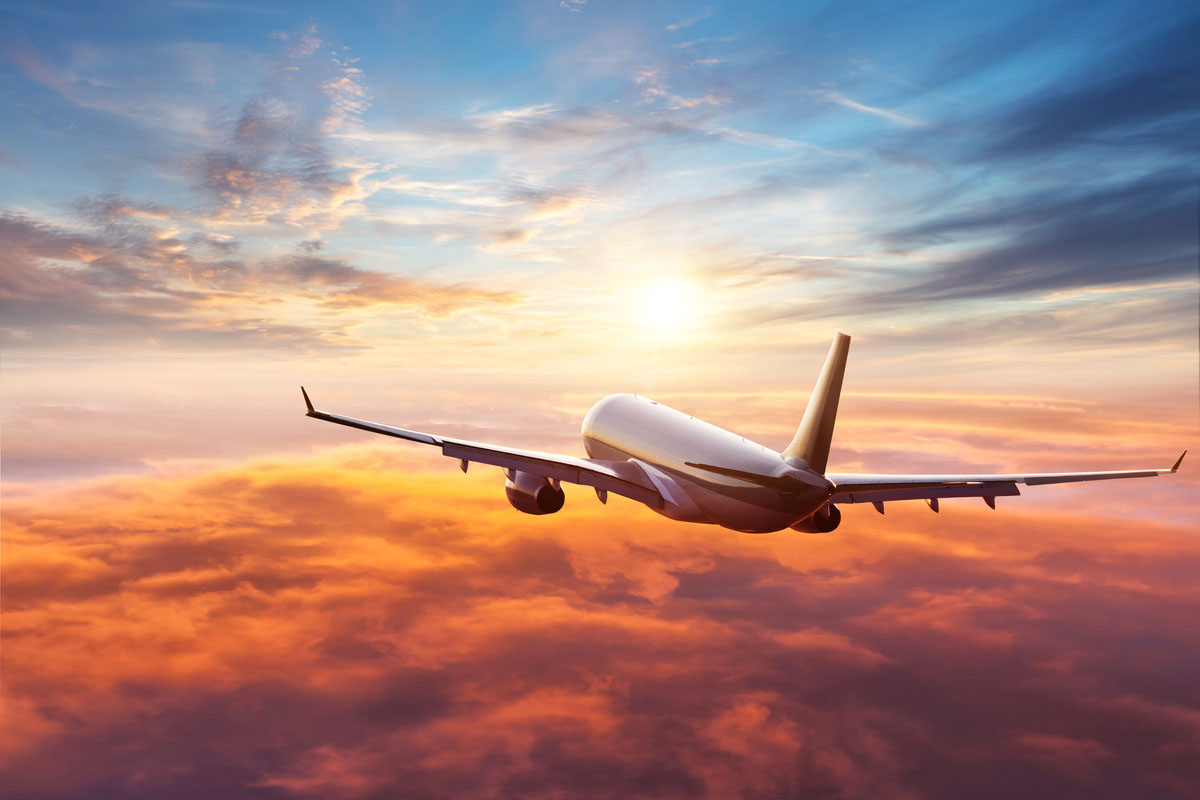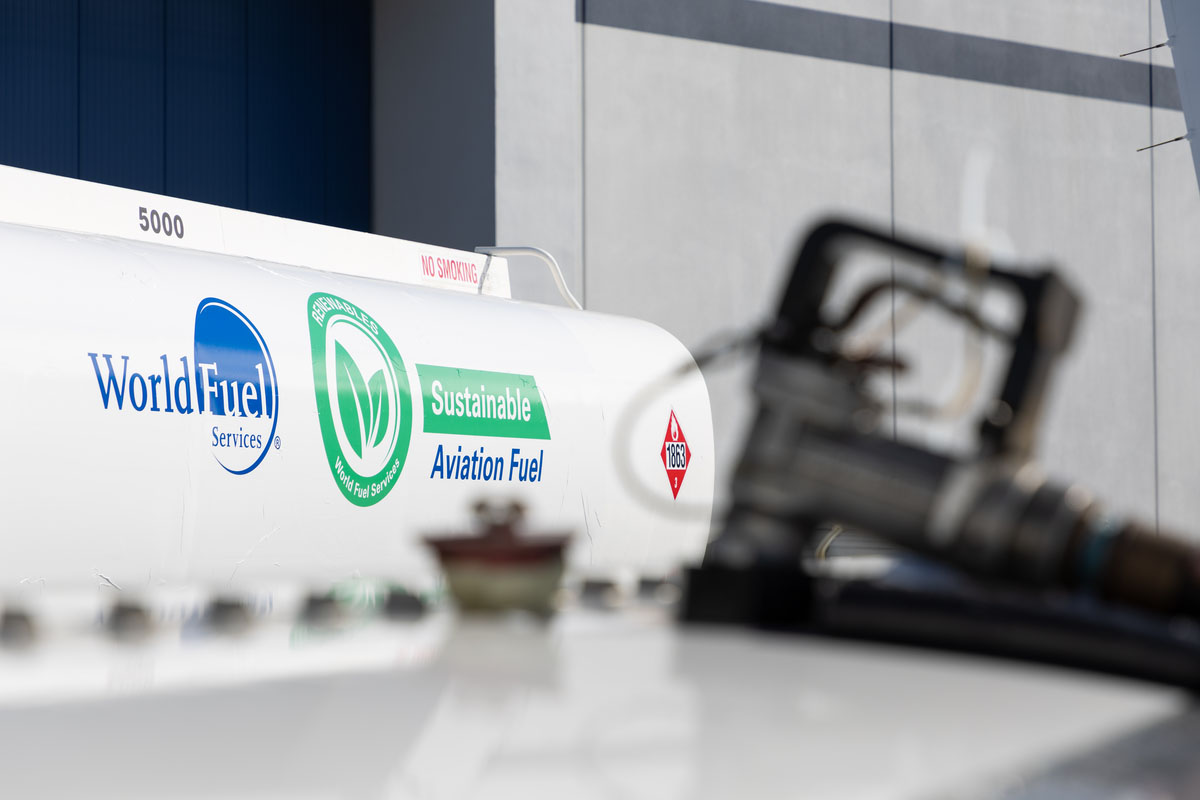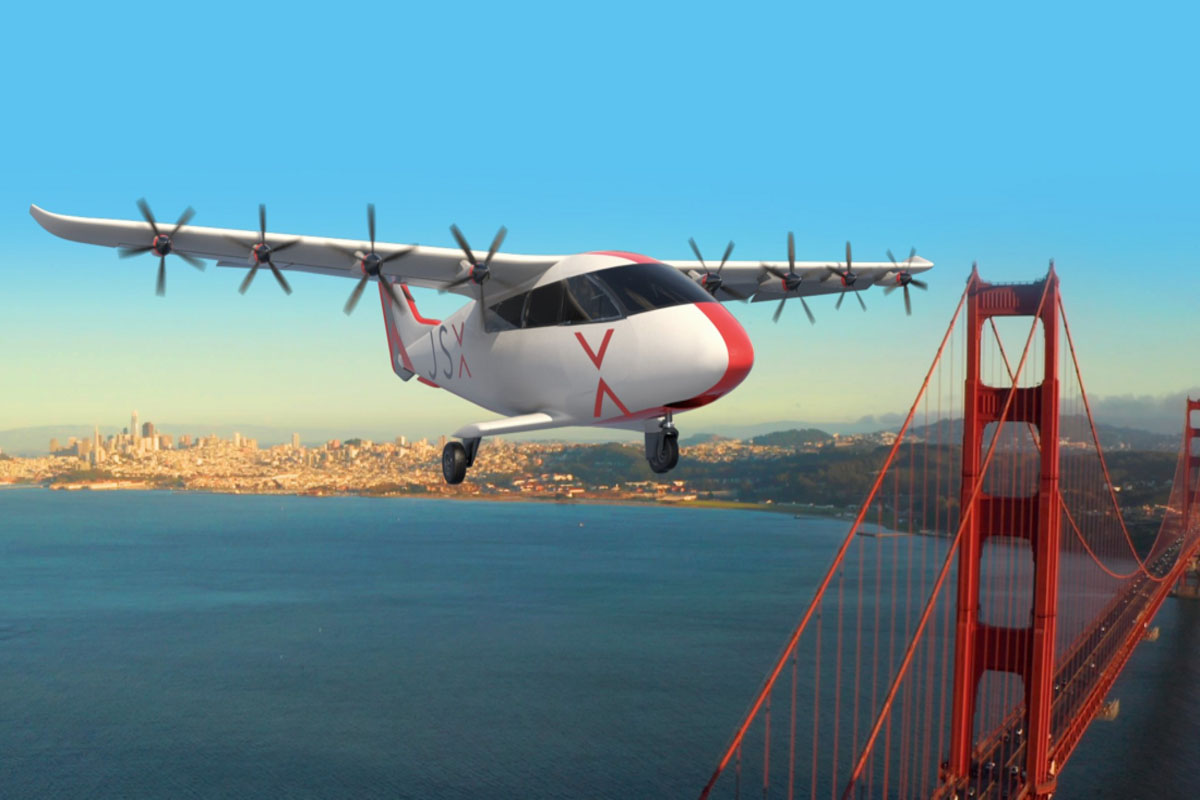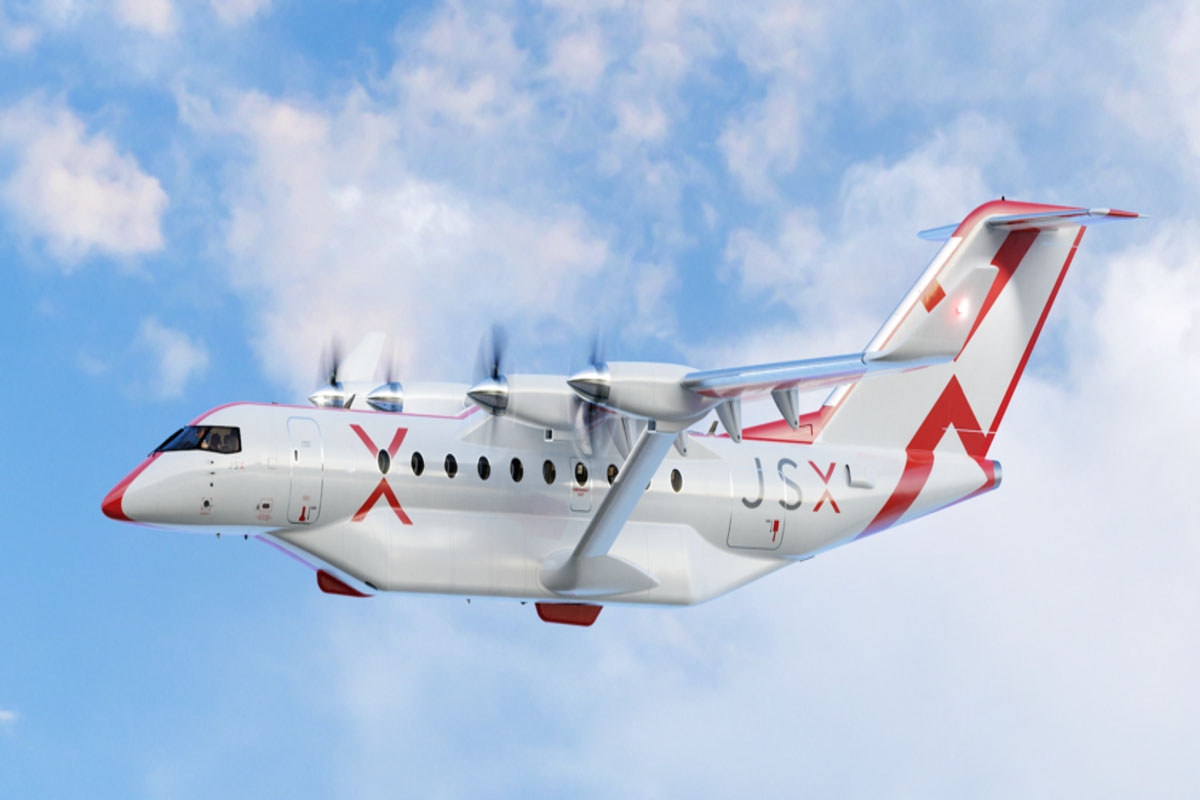
Looking ahead to 2024, all eyes are on the private jet industry, and one thing is clear. This year marks a dramatic shift in the future of flight. Now, the future of flight is steering towards sustainability.
Airbus is a new leader in sustainability, carving out a path for the rest of the private air travel industry. They recently comissioned an aviation-based conservation study from digital survey creators Pureprofile. In September 2023, Pureprofile surveyed 100 senior executives of corporations making over $500m a year.
Sustainable Aviation Fuel
95% of executives interviewed say their companies understand their carbon footprint. The majority of these companies are working towards building their environmentally-friendly fleet. One such innovation is Sustainable Aviation Fuel (SAF). This biofuel can reduce CO2 emissions by up to 80%. As stated by Sean McGeough, VP Commercial ACJ for North America, “The U.S. aims to produce three billion gallons of SAF by 2030 on the way to providing SAF for 100% of aviation fuel demand by 2050.”

Courtesy of Embraer
At the moment, SAF is rarely used by itself. SAF flights are sustained with a blend of kerosene and SAF. Airbus hopes to have planes capable of flying with SAF alone by 2030. Budgeting for SAF-infused flights is a huge step in the right direction. Embraer, a staple in the air travel industry, completed 100% SAF tests late last year. By 2040, they intend to be fully carbon neutral through the use of alternative propulsion, SAF, and non-fossil-based sources.
If you’re wondering how old this technology is, the first-ever SAF flight happened in June of 2022. Sustainable flight is advancing, and it’s advancing fast.
Major steps in the right direction
There are several more innovations in the works. At For example, According to the Pureprofile study, 93% of senior executives plan for their companies to work on newer, more efficient aircraft to reduce their carbon footprint. Budgeting these expansions is another ball game entirely.
61% of the executives interviewed believe their companies are willing to increase aviation budgets more than 25% to create more sustainable flights. While the majority believe sustainable aircraft will pay out in the long run, it seems as though some companies need to see more evidence of economic growth before they commit to a long-term initiative. However, this is nothing new.
Sustainability has long-been a priority of the private jet industry. The overall goal is to reduce their impact on the environment and improve the perception of private air travel, and balance comfort, sustainability, and accessibility. It’s a task that has skewed one way for far too long; executive’s awareness of the potential toils of air travel is growing. This year, they plan to make a difference.
Hybrid Electric


US-based air carrier JSX announced the future purchase a total of 332 hybrid-electric aircraft from Electra, Aura Aero, and Heart Aereospace. This is a huge expansion for JSX, which currently has a fleet of just 48 aircrafts. They expect to receive their first delivery in 2028.
Among their new fleet is the Heart Aerospace ES-30, which can transport up to 30 passengers for 500 miles. It smoothly swaps between hybrid power (250 miles) and electric power (over 125 miles). The other 125 miles run on regular jet fuel, accounting for only 25% of the total flight time.
Not only will infrastructure this help the environment, but it will also reconnect regions that have lost access to air travel, cheaply and without lengthy government subsidy. JSX is the ideal candidate for this expansion, recognized by the TSA, DOT, FAA, and DHS for its industry-leading safety and security.
On a much smaller scale, United Airlines partnered with Eve Air Mobility to work on bringing all-electric flights to San Francisco. Andres Stein, co-CEO of Eve, says, “The Bay Area is perfect for eVTOL flights given its size, traffic, focus on sustainability, innovation and commitment to add other options for mobility.”
In total, they’ve invested over $15 million into Eve to purchase 200 eVTOLs in the next few years plus 200 options. Eve’s eVTOL is 100% electric, flying a range of over 60 miles. This commuter plane will improve the local economy by creating new jobs. New maintenance crew, pilots and technicians need to keep these planes operational. These flights will be publicly available in 2026.

